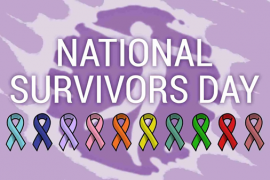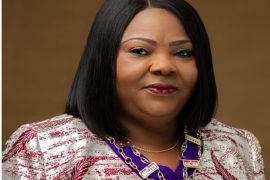“Without peace, no development is possible. And without development, no peace is achievable. But without women, neither peace nor development is possible.”
– By Ambassador Anwarul Chowdhury Fmr. Under-Secretary General of the UN
The exemption of the role of women in an ongoing development process is often a risk that goes against attaining progress. There are no options or second choices to the role of women in achieving sustainable development goals even when it has to do with peacebuilding. This is because women are and would always remain agents of change.
The former under-secretary-general and high representative of the Bangladeshi ambassador to the UN Anwarul Chowdhury, once said that “Without peace, no development is possible. And without development, no peace is achievable. But without women, neither peace nor development is possible.”
Key findings report that when women participate in peace processes, a peace agreement is more likely to be reached and implemented. According to World bank data women account for 49.6% of the total world population which is almost half the world’s population, therefore, the participation of women is critical to the success of any peacebuilding process because if this half of the world’s population is removed or suffers disparity then it will be impossible to achieve peace
Women are the most vulnerable and affected group in many global conflicts, and they make up a majority of displaced and refugee populations, but on the contrary, they are largely or never the causes of these problems.
Women and girls suffer hunger, diseases, loss of their children and pregnancies, drop out from school and even death when crisis emanate. This remains a valid point to why it is essential to include the participation of women in peacebuilding, peacekeeping, conflict prevention and mediation processes in any part of the world.
In many cases, women have led peace movements and driven community recovery after a conflict, however, they are very little records or report about women in many peace negotiation processes. These exemptions have led to limitations in achieving recovery, justice and total peace in many conflict areas.
Based on the ravaging conflicts and disaster that is spreading around the world, there is a dying need to allow for the participation and influence of women in decision-making processes that are targeted towards preventing and resolving conflicts. Governments and authorities should push for the inclusion of women in all aspects of peacebuilding, which is one key factor to achieving gender equality and ending violence in many conflict zones.
Conflicts are effectively prevented through women’s meaningful participation because women are better users of anti-conflict tools so they should be engaged with programmes that educate them and prepares them for conflict.
All around the world, women groups play important roles in determining the end to violence and proffering sustainable solutions to the conflict.
One of the reasons why women have been neglected in peace processes is because they are often perceived as not having the necessary skills, knowledge or social status needed to bring about change in post-conflict environments. But this is not correct because often times it is always recorded in the news, of how women campaign, organize prayers and take certain steps to avert problem that arises in their countries. They are naturally built with a unique disposition that allows them to push for peace and harmony. This is another reason why they should be given the chance to express such inherent characteristics in any global peacebuilding process.
Powerhouses and policymakers MUST move beyond pursuing gender mainstreaming and start putting words into practice.
Peacebuilding is key to sustainable human security and equitable development in countries emerging from conflict and it can never be achieved without the conscious inclusion of women.
It has been evidently revealed that gender mainstreaming can only be effective when accompanied by strong empowerment structures, which includes allowing the voice of women to be heard in the public sphere especially when it has to do with human development priorities, therefore, authorities must consider this.




